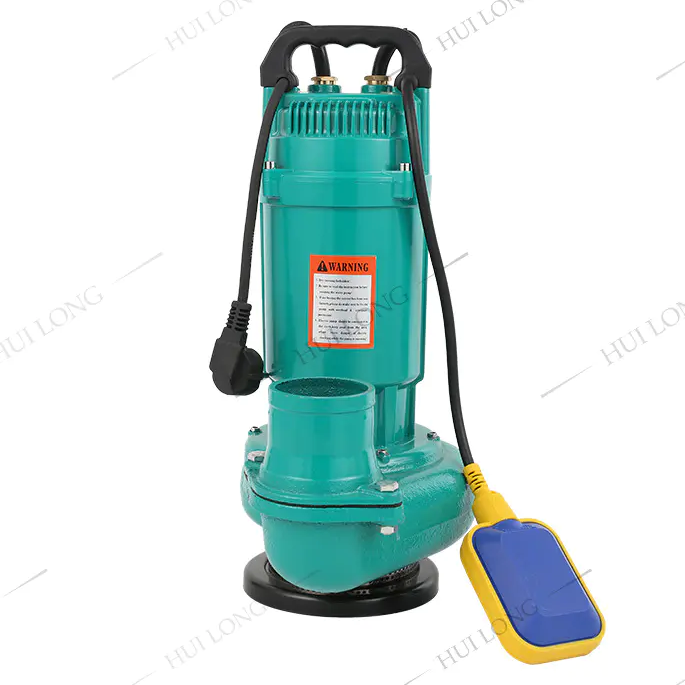Submersible pumps are widely used in many fields due to their ability to operate fully submerged in liquids. Their unique design and functional features make them suitable for a range of applications, from residential water supply to industrial wastewater management.
In the agricultural sector, submersible pumps are commonly used for irrigation purposes. These pumps can be placed directly into wells, rivers, or reservoirs to extract water for crop watering. Their capacity to work underwater enables consistent water delivery, even when water sources are located at significant depths. This contributes to efficient irrigation systems, helping to support agricultural productivity.
Municipal water systems also benefit from submersible pumps. They are often employed in water wells to supply clean water to communities. Because these pumps operate beneath the water surface, they can maintain steady pressure and flow, which is important for consistent water distribution. Additionally, submersible pumps are utilized in sewage treatment plants, where they help to move wastewater through various stages of processing. Their sealed design allows them to handle liquids containing solids without damage, which is essential for effective wastewater management.
In the construction industry, submersible pumps assist in dewatering operations. Construction sites often encounter water accumulation due to rainfall or groundwater seepage. Submersible pumps remove excess water efficiently, creating safer and more manageable working conditions. Their portability and ease of installation make them suitable for temporary use on construction projects.
Submersible pumps are also used in mining operations, where they help in extracting water from mining pits or underground mines. These pumps handle fluids with abrasive particles, which requires durable materials and reliable performance. Their submerged operation reduces the risk of overheating and mechanical failure, which can occur in surface-mounted pumps.
In residential settings, submersible pumps provide water supply from private wells to homes. They ensure that water reaches household plumbing systems with adequate pressure. These pumps are also used in fountains, ponds, and aquariums to circulate water and maintain aesthetic and environmental conditions.
Another application of submersible pumps is in flood control. During heavy rainfall or natural disasters, these pumps are deployed to remove floodwater from affected areas. Their ability to operate while submerged allows for efficient water removal, helping to minimize damage and restore normal conditions.
Overall, the adaptability of submersible pumps to different fluids and environments makes them useful across many sectors. Their ability to operate underwater, handle fluids with solids, and maintain steady flow rates supports diverse applications ranging from irrigation and water supply to industrial dewatering and wastewater treatment. This versatility contributes to their continued use in projects that require reliable and efficient fluid movement.

